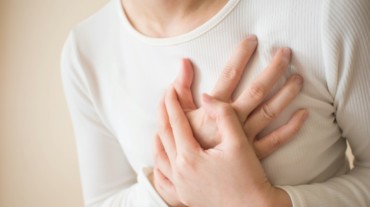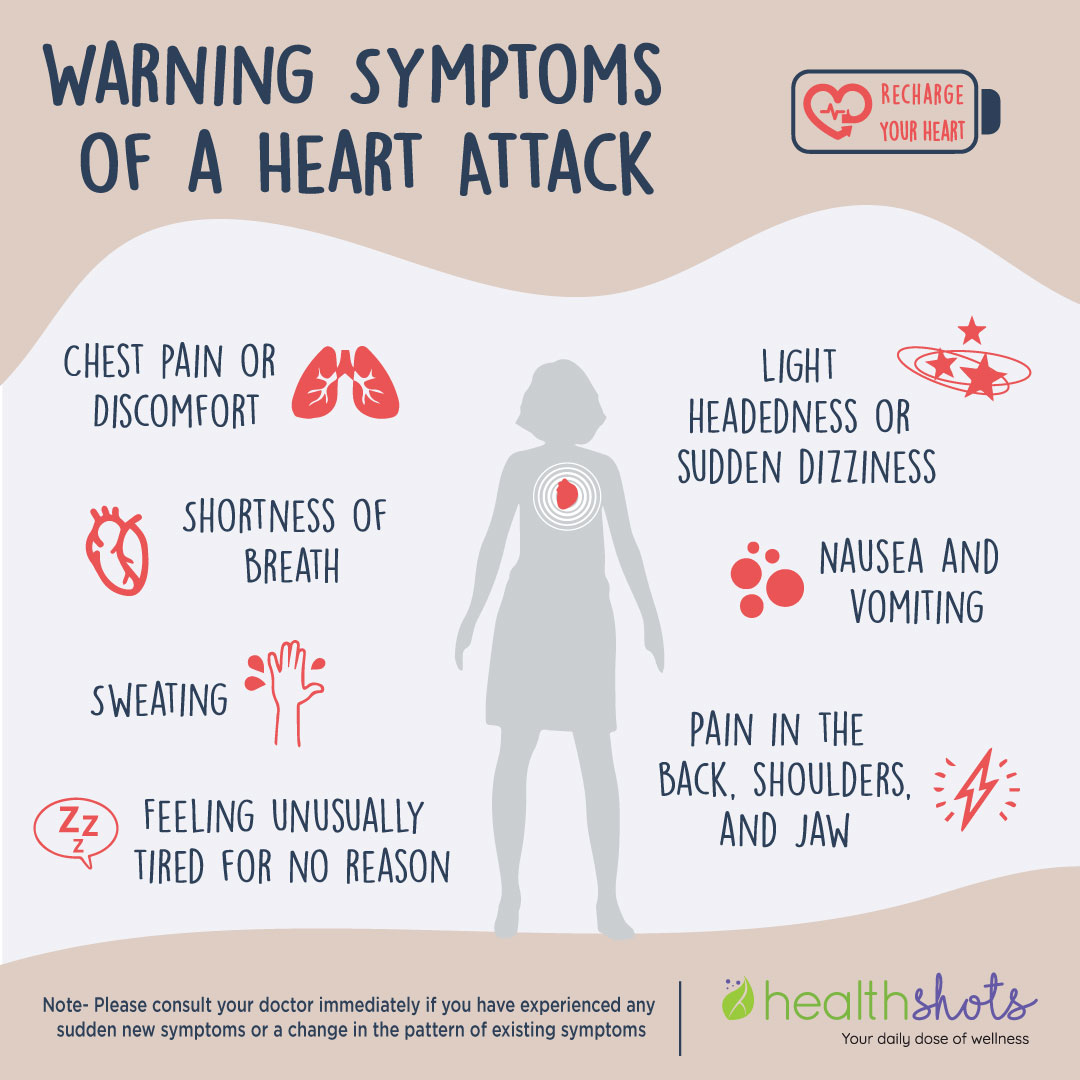
Sudden cardiac arrest (SCA) is a lethal condition where the heart suddenly stops beating. This mostly occurs due to a sudden electrical disturbance in the heart.
The heart has an electrical system, in which normally the signals proceed in an orderly fashion to give rise to the regular pulse. Sudden cardiac arrest occurs due to a dangerous disruption of these orderly signals resulting in abrupt cessation of normal cardiac activity.
Here are 10 things you need to know about sudden cardiac arrest:
It is important to understand that sudden cardiac arrest is not the same as a heart attack. In a heart attack, the blood flow in one of the arteries supplying blood to the heart is reduced abruptly, resulting in severe chest pain and other problems.
In a few cases, a major heart attack can lead to sudden cardiac arrest, but not always. There are several other causes of SCA including genetic conditions and other diseases affecting the muscle of the heart.

Many different cardiac diseases can lead to SCA, but the commonest underlying cause is ischemic heart disease or coronary artery disease, which caused by a narrowing of the arteries supplying blood to the heart.
This can result in weakness in the long run and scar formation in the heart muscle, all of which can predispose to electrical disturbances leading to SCA. Hence most conventional risk factors for heart disease are also risk factors for sudden cardiac arrest.
These include diabetes, high blood pressure, sedentary lifestyle, obesity and smoking. In addition, a family history of sudden cardiac arrest in a close relative also increases the risk of SCA. This is especially true for some of the rarer genetic or inherited diseases causing SCA.
It is impossible to accurately predict the occurrence of an SCA event. Hence it is important to try and identify early, those people who have risk factors for sudden cardiac arrest.
Aggressive management and reduction of these risk factors such as proper lifestyle measures, smoking cessation, adequate treatment of diabetes, hypertension and ischemic heart disease can help reduce the chances of future SCA.
Select Topics of your interest and let us customize your feed.
PERSONALISE NOWIn addition, recent research suggests that several individuals experience warning symptoms such as chest pain, shortness of breath or fainting spells in the days and weeks leading up to an SCA event. Improving public awareness to pay attention to potential warning symptoms and to seek timely medical attention can help prevent some of these events

The ongoing covid-19 pandemic has created special challenges with regard to sudden cardiac arrest. The incidence of SCA has significantly risen during the pandemic in several regions of the world. Part of this reflects a direct effect of the covid infection which can cause severe respiratory distress in some individuals.
But an indirect effect due to overwhelming of hospital/emergency systems and a reluctance of patients to seek timely medical care due to fear of coming to hospitals also has likely contributed.
Hence any unusual chest discomfort, shortness of breath, dizzy spells or any other new symptoms should be taken seriously and immediate medical attention sought. This is especially true for individuals who are at risk for cardiac events such as older persons and those with cardiac risk factors.
In managing an SCA event, time is crucial. When the heart stops beating, lack of blood flow can result in irreversible brain damage in as little as four minutes. Hence the first priority should be perform immediate cardio-pulmonary resuscitation (CPR) consisting of cardiac massage and rescue breathing.
Proper CPR performed by bystanders or witnesses to the SCA event can significantly improve the chances of survival. Similarly, using a defibrillator to shock the heart can result in restoration of normal rhythm in many cases.
Also, watch:
SCA is highly lethal with less than 10% overall survival after the event. Hence there has been a lot of focus on trying to predict and prevent SCA. Though there is no perfect way to predict SCA so far, several markers have been studied for long-term risk prediction.
These include the pumping strength of the heart (called ejection fraction) on an echocardiogram scan, measurements from the ECG, occurrence of irregular rhythms on extended ECG monitoring etc. Such markers can be used to identify individuals at high risk for an SCA event and institute preventive measures in the form of medications or other strategies.
In addition, remember that SCA may not truly be a bolt from the blue, with many victims experiencing some warning symptoms in the weeks, days and hours prior to SCA.